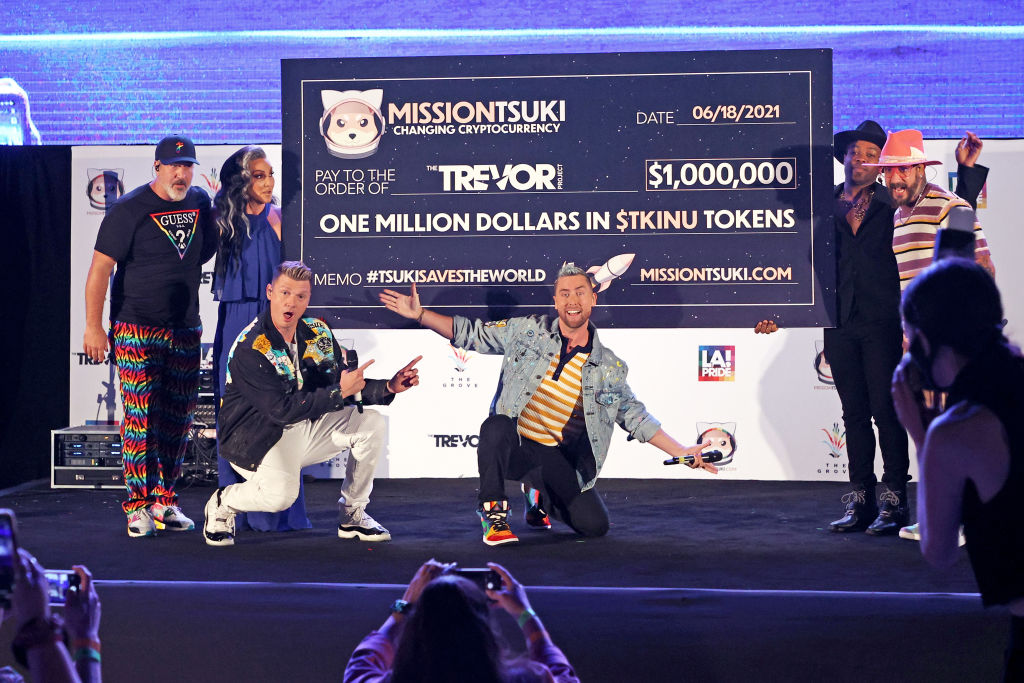Several top corporations, including Disney, Bank of America, and General Motors, are being criticized for their financial support of the Trevor Project, a nonprofit LGBT advocacy organization. The criticism primarily centers on claims that the Trevor Project promotes controversial discussions and practices regarding sexuality and gender identity among children and adolescents.
Consumers’ Research issued an alert, warning the public about these companies’ contributions to the Trevor Project, which receives at least $50,000 annually from each of the nearly two hundred companies. “These companies, like Disney and Bank of America, have long track records of using money they receive from consumers to mock Americans’ widely-held beliefs about traditional marriage, biological sex, and constitutional rights,” the alert alleges.
NASCAR is proud to support the important work of @TrevorProject this month and all year long.
— NASCAR (@NASCAR) June 1, 2021
If you're struggling right now, remember that you're not alone. The Trevor Project is always here to help LGBTQ young people. For more information: https://t.co/MlCZsV6BWy#PrideMonth pic.twitter.com/NfoaubObUn
The Trevor Project’s mission is to prevent suicide among LGBT youth, a demographic more likely to commit suicide than their heterosexual peers. However, critics argue that its methods, which include social affirmation and advocating for irreversible medical procedures for those with gender dysphoria, are inappropriate and potentially harmful. Critics say that the Trevor Project promotes these methods despite evidence suggesting they do not decrease suicide rates among transgender individuals.
Further controversy surrounds TrevorSpace, the organization’s online platform for LGBTQ youth aged 13-24. Critics argue it has been co-opted by over 400,000 users globally as a forum for explicit sexual content and questionable advice, including how to hide gender transitions from parents and accessing gender-altering medications without parental consent.
The National Review confirmed that TrevorSpace does not verify users’ ages, leading to fears that it could be exploited by predatory adults. “These conversations are occurring under the Trevor Project’s watch between minors and adults,” it stated. Critics argue that the platform’s lack of age verification and the nature of its content could enable grooming and other harmful behaviors by predatory individuals.
Despite the Trevor Project’s insistence that its platform is moderated and interactions restricted by age, the lack of age verification systems and the nature of the discussions occurring have raised substantial concern about the potential risks posed to young users. Critics maintain that corporations supporting the Trevor Project should reassess their donations in light of these controversies.













